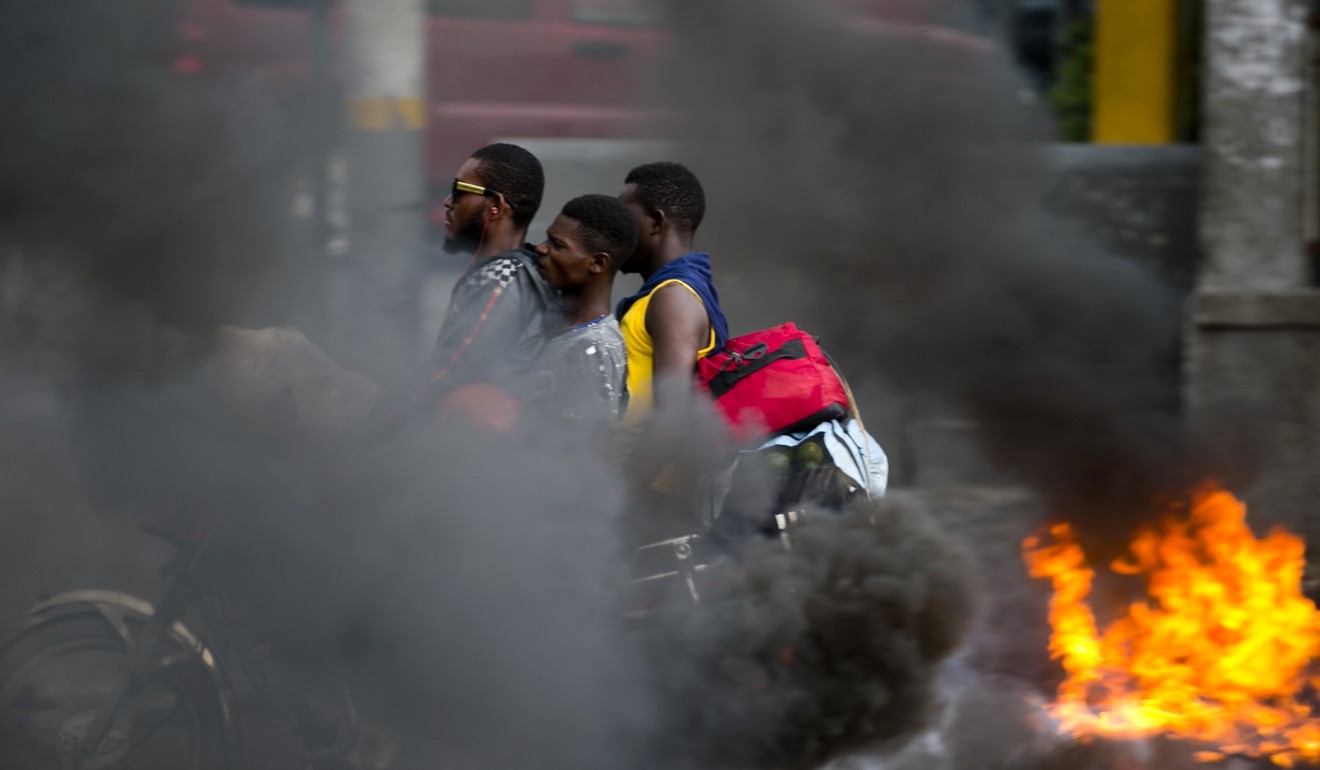
Western media reports on the Hong Kong protests tell just one of many stories
- Newsworthiness is one reason for the huge disparities in US media coverage – as documented by a media watchdog – of Hong Kong’s strife and unrest elsewhere. Another reason could be that these media organisations have a different role to play

They would have seen far less, if anything, about the much bigger and deadlier unrest taking place in South America and the Caribbean. The big news organisations in the US and Europe paid relatively little attention to the tragic events in these other places.
Mainland Chinese who oppose Hong Kong’s protests aren’t brainwashed
The time periods vary, but even taking that into account, the disparity in coverage is massive. The two outlets had, between them, over 730 protest-related stories on Hong Kong versus 36 on Chile, 28 on Haiti and 12 on Ecuador. Furthermore, these figures included several stories that mentioned Chile and Ecuador as part of general reports on worldwide protests. And several of the stories on Haiti focused on US citizens caught up in the troubles.
One reason for the disparity is simply that Hong Kong is an iconic and high-profile city, and a major business centre with a large number of Western companies and residents. News editors believe their audiences will find it more interesting than events in less-prominent countries in South America and the Caribbean.
I realise that people on all sides – including the opposition in Hong Kong – complain about media bias
This makes the Hong Kong protests more newsworthy. But it also points to the possibility that the international news providers are playing a different sort of role in reporting the Hong Kong story.
The study by FAIR shows that the language used by the Western media also differs depending on the story. Among the examples are reports referring to “riots” in Chile and “violent protests” in Ecuador, while the participants in Hong Kong were called “pro-democracy activists”. The study also gives instances of reports downplaying violence used by protesters in Hong Kong.
I realise that people on all sides – including the opposition in Hong Kong – complain about media bias. Some government supporters in Hong Kong feel that the Western media are consciously pushing their own governments’ political stance.
It could be that the overseas press are simply closer to this side of the story. Their reporters are in a modern city with young English-speaking activists to interview and a dramatic skyline as a backdrop. It must be much easier to cover than Haiti.
Bernard Chan is convenor of Hong Kong’s Executive Council

